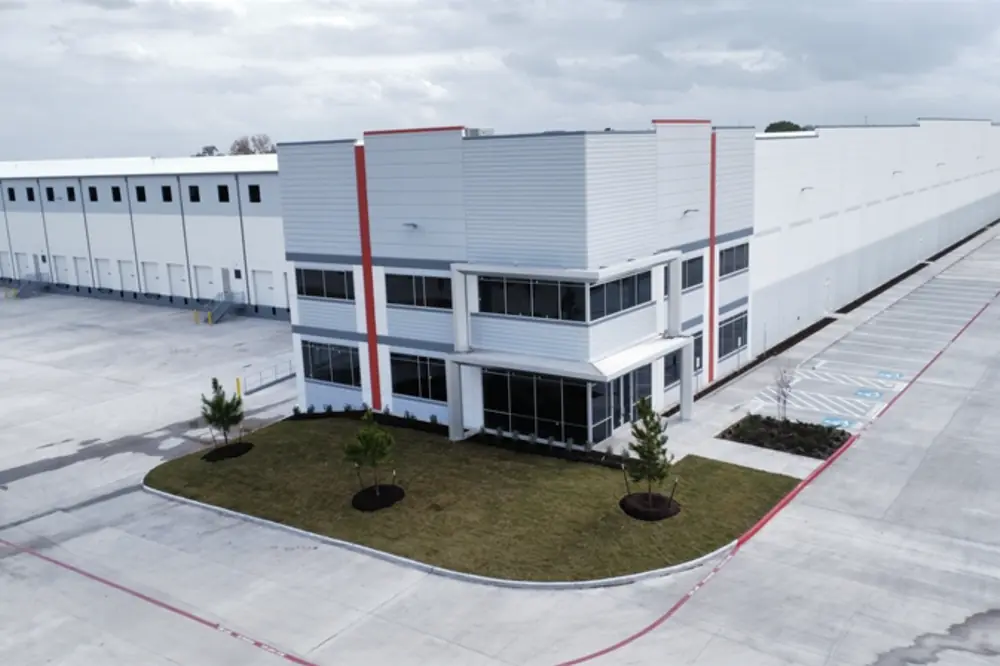An exit can take many forms, whether it’s a strategic buyer, employee purchase, a sale to a private equity firm or a transfer to a family member. Just as importantly, a business transition is a nonsequential step that can happen at any point. That simply underscores the importance of planning.
Have I started planning far enough in advance of the sale or transition?
Effective planning to maximize value while decreasing tax cost and ensuring your legacy takes strategy and time to execute. The most effective planning can take at least three years in advance of exiting a company. Although tax is usually the largest transaction cost in an exit scenario, this is also a great opportunity to use estate and charitable planning techniques to ensure your legacy aligns with your wishes. The topics you consider can include investments, the relevance of a family office model for your situation, a private foundation, how to support education or environmental causes or the arts, and the best mechanism for transfer of funds, such as grants and gifts.
What happens in the final chapters of my business?

| Your local Bobcat dealer |
|---|
| Compact Construction Equipment, Inc |
| Bobcat of North Texas |
This is the last chance to ensure that your tax structure aligns with your personal and professional goals, whether you’ve decided on a successor strategy (either next-generation or management hand-over) or an outright third-party sale. Each brings a different set of questions. Also, a private-equity-backed exit looks very different from a private company exit.
Am I doing everything necessary to be sure the company value holds steady?
Many business owners don’t realize that ignoring late-stage risks can put their company value in peril at the eleventh hour. Be sure you’re paying close attention to risks like cybersecurity, underutilized or inefficient ERP and CRM systems, maintaining your strategic market advantage and having capable succession leadership. Never coast, so that your company finishes as strongly as it began, and you maximize value all the way through to the time of sale or transition.
Have I considered my estate and legacy plans?
With personal wealth comes tremendous responsibility. Your estate planning and legacy strategy should encompass many things: legacy (both personal and corporate), philanthropy, tax implications, where to live, what and where retirement looks like for you and more.
What is the value of using an advisor?
Every business owner, regardless how mature the company is, will sometimes benefit from advice on complex issues. External advisors have a breadth and depth of knowledge and experience they can bring to your specific professional and personal situation. They provide an impartial, big-picture perspective. Their involvement can be fluid and scale as your business evolves. By forging a relationship with them early in your company’s life, they can become a valued partner whom you trust and consider a true business asset.
As your professional and personal goals align, the people component has two aspects: employees and family. From an employee standpoint, keep in mind that transaction value is related to your company’s ability to continue without you. Key employees are important, and planning for them to stay once you no longer own the company can be equally important. This could be carve-outs in the purchase agreement or maybe a specialized executive compensation arrangement. From a family perspective, this is an ideal time to make sure that any legacy planning is taken care of, and that the family is ready for life beyond your ownership of the business.
Value in your business will also be ascribed to whether your ability to make money is in an adopted well-defined process, including the sales process. Being prepared will accelerate closing and get rid of the biggest enemy – transaction time. Ensure that processes are well established and documented throughout the business.
Old or outdated technology can also provide for a price concession in the final transaction. Investing in technology as early as possible will help you establish processes and controls that attract potential suitors.
For more information on business ownership transition or private client services, please visit rsmus.com/services/private-client-services.html
- The most effective planning can take at least three years in advance of exiting a company.
- Be sure you’re paying close attention to risks like cybersecurity, underutilized or inefficient ERP and CRM systems.
- In a transaction or exit, one of the largest expenses is often tax. Much planning can be done to minimize this expenditure.





































































